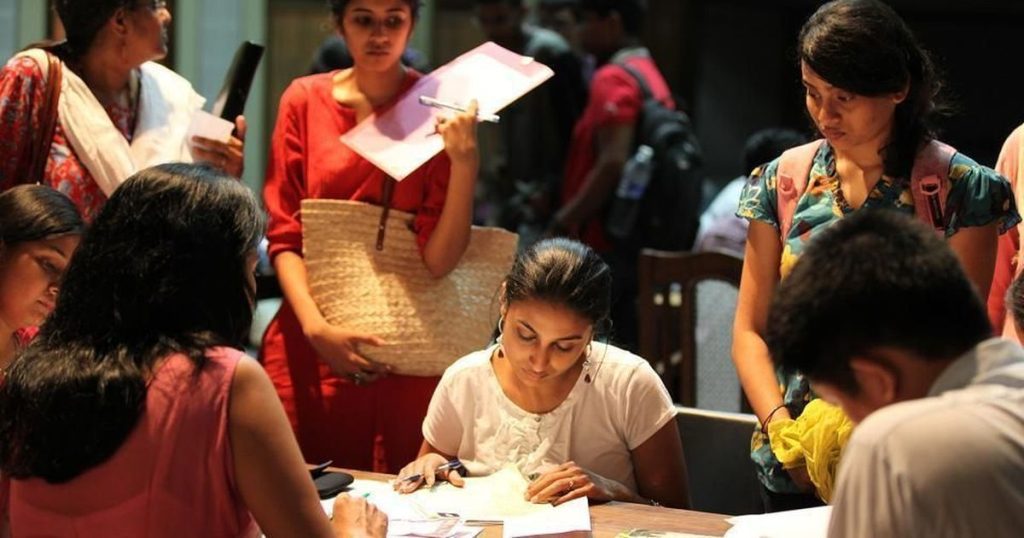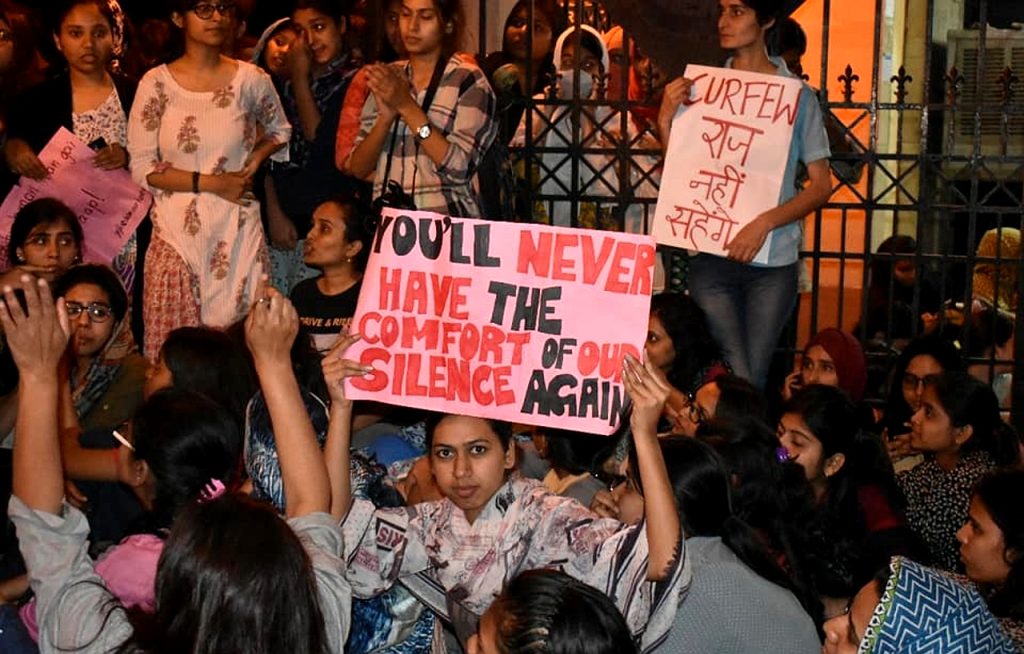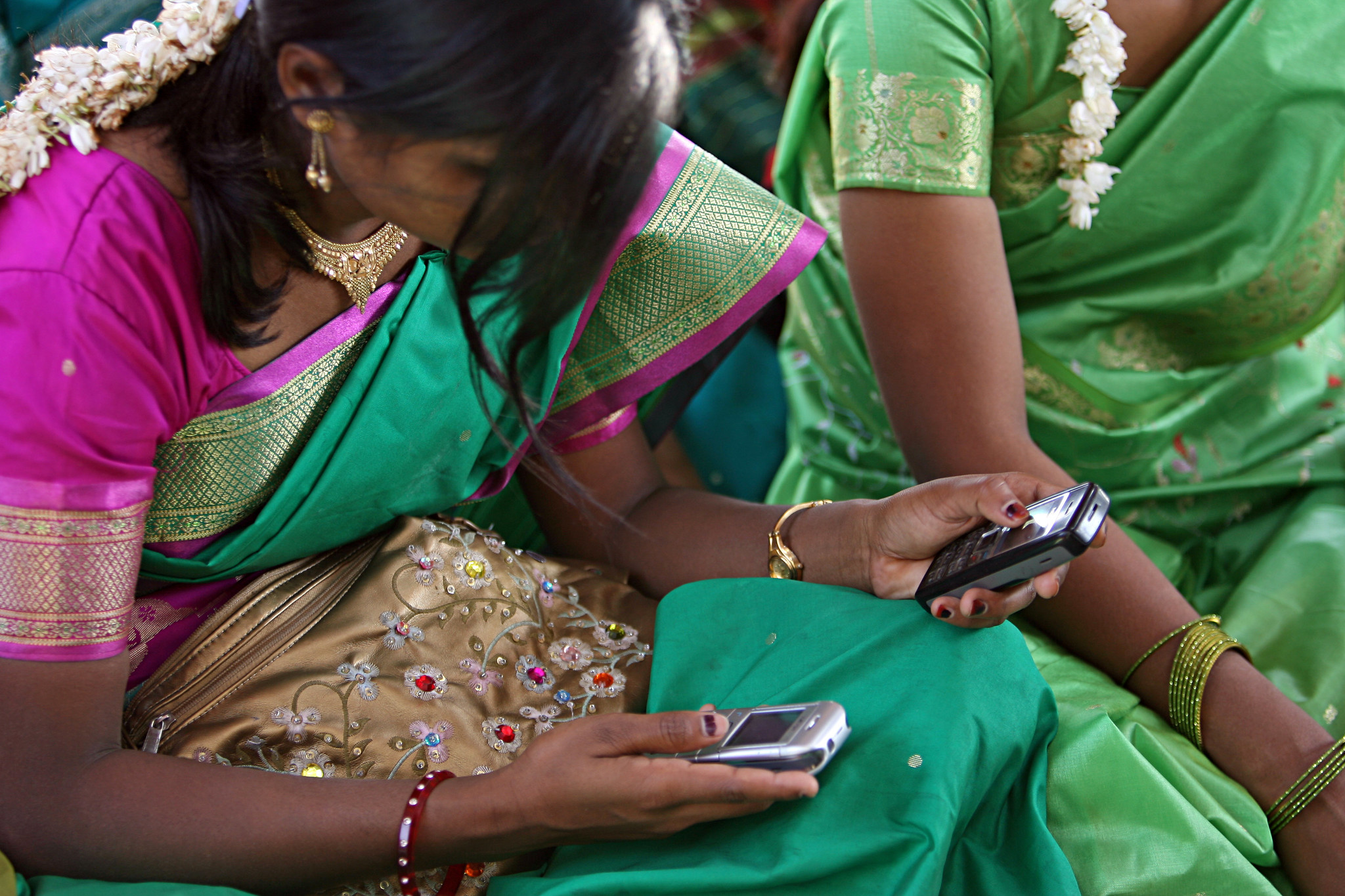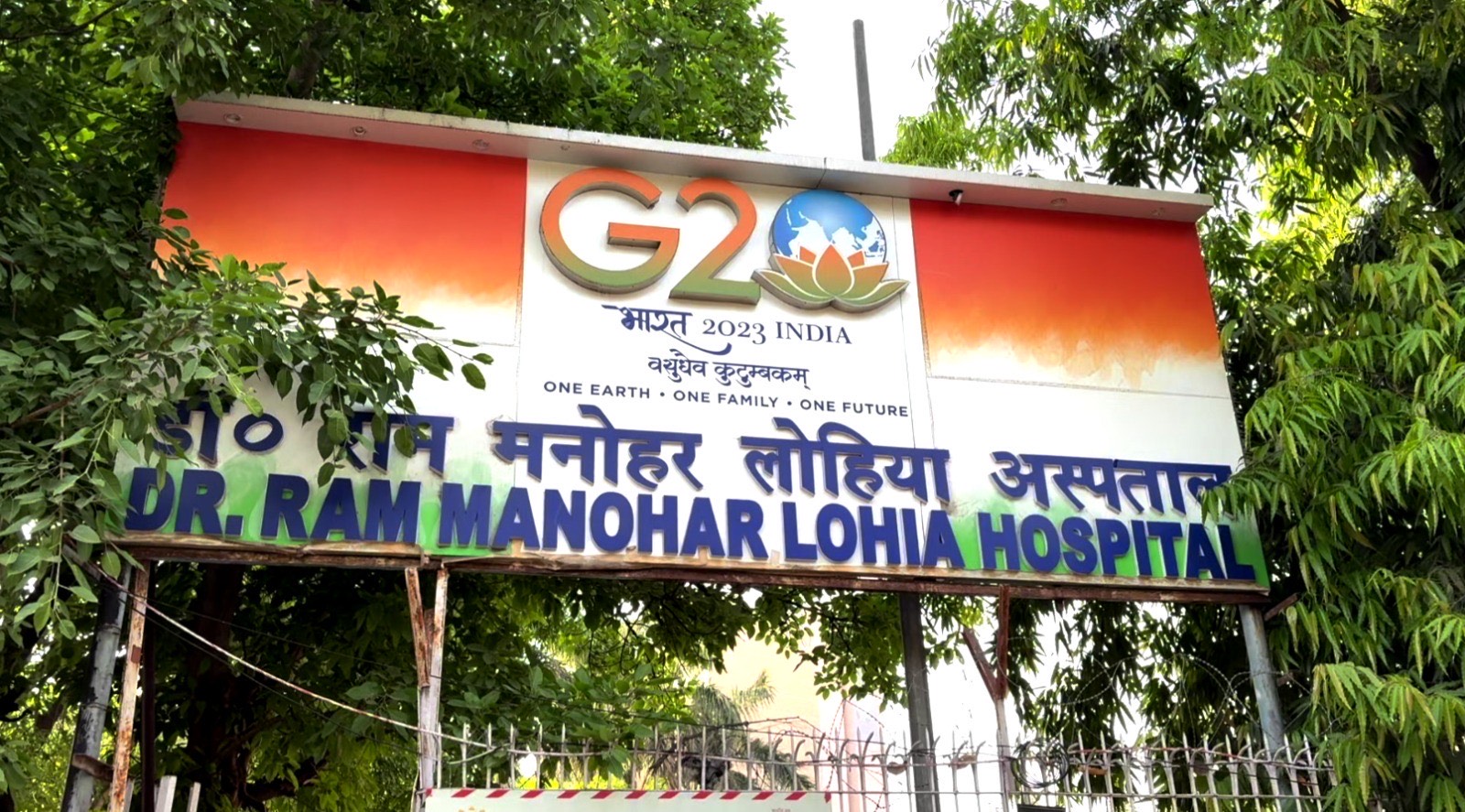Trigger warning: Mentions of sexual assault
While Delhi becomes the gateway for students across the country to fulfil their dreams and aspirations, the Delhi experience for women students involves negotiating with the gendered hurdles alongside the usual hurdles that follow the lives of outstation students. On one hand, Delhi’s expensive housing conditions make it hard for students to find good accommodation within a budget in the first place, whether it is a PG or an independent flat. Many students have to resort to internships and jobs to afford to live in the capital while simultaneously pursuing their degrees.
In addition to this, women students face an added layer of problems in both of these cases owing to their gender identity. Whether it is dealing with the PG warden, the brokers, or the landlords, the hunt for accommodation in Delhi as a woman student involves constantly navigating through the maze of gender discrimination, overt and covert misogyny, moral policing, a lack of privacy, security, and freedom, and a curbing of freedom that mirrors their household experience. While the timings of the night curfew for girls’ accommodations go till 7 pm or 9:30 pm at maximum, the boys have a night curfew of 10:30 pm to 11:30 pm.
On top of this, many women students pointed out the common practice of not allowing any male visitors to the PG premises. Sneha, a student from Delhi University, remarks, ‘It’s like staying with your parents all over again.’
She also shares her own PG experience, which sounds similar to the many women who spoke on the common problems of the PG life. ‘The PGs have been commercialised to such an extent that the spaces are so compact, and they keep getting smaller because the owners want to earn as much money as possible through as little rooms. I have to pay extra to get a better space without sharing, but at large these “better,” spaces aren’t too different anyway. The food is terrible; it’s like all PGs have some unspoken understanding of serving the same bad quality of food, which is watery, smelly, and very hard in texture. And we actually fight for this food; if I am 5 minutes late, the food will be gone, and I’ll have to either order something or go to sleep empty stomach.”
On asking her what her family thinks of this, she replied, ‘There are no alternatives; I just got accustomed to this way of life because, according to my father, it is “safe and secure.” My parents tried to resolve this by changing my PG, but they all are the same, so now at last they have made peace with this, and I guess unwillingly, so have I.’

Many students also pointed out the cases of mismanagement, negligence, and unprofessionalism displayed by the PG wardens, who do not treat the students kindly and take advantage of their situation. Mona* shared her bad experience with a well-known PG in Kamla Nagar, ‘I had paid 38k to them as security money, which was the rent for 2 months. I was warned by other girls to adjust the security money beforehand because, by the end, they refused to do so. They told me that they would adjust my security in April and June, but then they stalled it to June and May. Throughout the process, they had been very chaotic with the adjustments. Living under a tight budget, I told them that it was really unfair and they should be more organised. However, one of the female wardens yelled at me and even tore my application letter.’
Another student pointed out the grave unprofessionalism of the PGs, ‘One random day they started saying that the PG is shutting down on 31st July; you have to move out. There was no official notice informing the same at any point. I was out on vacation, but later on calls, they gave me a mixed answer that the PG is not shutting down. I preponed my return because I was not assured by their response, only to find that the furniture was being disposed of, and the PG was indeed shutting down. I had to rush to find a new place to stay.’
While conversing with these women, a lot of serious concerns were brought to notice regarding the way women are treated by brokers and landowners. This included casual sexist behaviours like judging women for their clothes, increasing the rents for women, and even sexual assault.

Riya*, a student from Delhi University, pointed out the difference in prices between accommodations for men and women and shared her own experience that made her realise the role of her gender as a single and independent woman while looking for an abode. ‘The broker who I was talking to over WhatsApp did not know my name and gender initially, so when I enquired about a flat, he quoted the price of Rs. 30k per month. I told him that I plan to shift with two other girls, and suddenly he said the price is Rs. 35k per month because we are girls. The landlords and brokers here think that girls living independently are a liability for them. So girls’ PG were expensive in the first place; now girls’ flats too. In another instance, I was wearing shorts while going flat-hunting, and I could feel the judgement by the landowner due to his intense staring at my body. He also quoted a price of Rs. 5-6k more than what was recently listed online, presumably to discourage me from living there due to my attire.’
Women’s safety in Delhi is arguably the most important factor that concerns the students who have come to live alone in the capital in search of opportunities. Many women students who live alone could recall an instance of catcalling or harassment that they have faced while walking in the streets.
A survivor, Shriya* shared her story to warn other women students to stay safe and to speak up about what transpired with her. ‘Last year I was shifting from my PG to an independent flat for which I hired a broker. After I settled for one of his options, he came to my PG and asked to visit the flat to see the final work and sort the payments. I made the biggest mistake of trusting him and joined him in his car, where I drank the cold drink he offered. It was filled with drugs. I woke up in a Gurgaon hotel, and my whole body was aching. I did not know who to turn to, and I do not trust the authorities at all since that man has a lot of connections. I am doing fine now, but I do not want anyone to go through this.’
For the women students who identify as queer, there is another added layer to the problems. A student recalled seeing a bizarre condition in the contracts of a Girls PG in Hudson Lane, which is located on the North Campus of Delhi University, that read, “For the comfort and pleasant stay of inmates, homosexuality is strictly prohibited.”

Queer students have to be more hyper-vigilant regarding their identities, with an additional curb being imposed on their identities. Vaishnavi*, who identifies as a queer woman, shares her experience of being outed and threatened by the PG authorities, ‘I was seeing this girl, and my roommate was not an ally, so I never brought her over while respecting her boundaries. But then my roommate outed me to the warden and said I bring a girl over in her absence. Because of this, I was not even allowed to bring friends over. They started threatening to out me to my parents too.’
However, amidst this grim situation, Vaishnavi* was finally able to find a ray of hope in her new PG, which is accepting of her identity, and a female warden who made her feel welcomed and expressed her support on seeing a pride pin attached to her bag.
A common observation throughout these conversations has been the reluctance of the students to reveal their identity and namedrop their accommodations due to the influence of these PGs and landowners, oftentimes male, but the females are also playing their part well as the instruments of patriarchy. The power dynamics in this relationship between the wardens, landowners, brokers, and single female students are always misused by the former to suppress the women.
Overall, the situation of women students’ accommodation continues to be a problem despite many concerns raised on the same issues years ago with the Pinjra Tod movement. Perhaps another wave of such movement can help put things in motion and kick-start the improvement of the situation on the ground. Until then, improving the living conditions and experiences of students in Delhi, and women students in particular is a task that remains unaccomplished.
*Names changed to maintain anonymity
About the author(s)
Sarah (She/Her) is your local student journalist and writer pursuing her Bachelor's in Literature from Delhi University. She seeks to strike a balance between a chaotic chronically online gen-z and an insatiable learner. At the risk of coming across as cheesy, she quotes Oscar Wilde on being asked to introduce herself, "To define is to limit."





